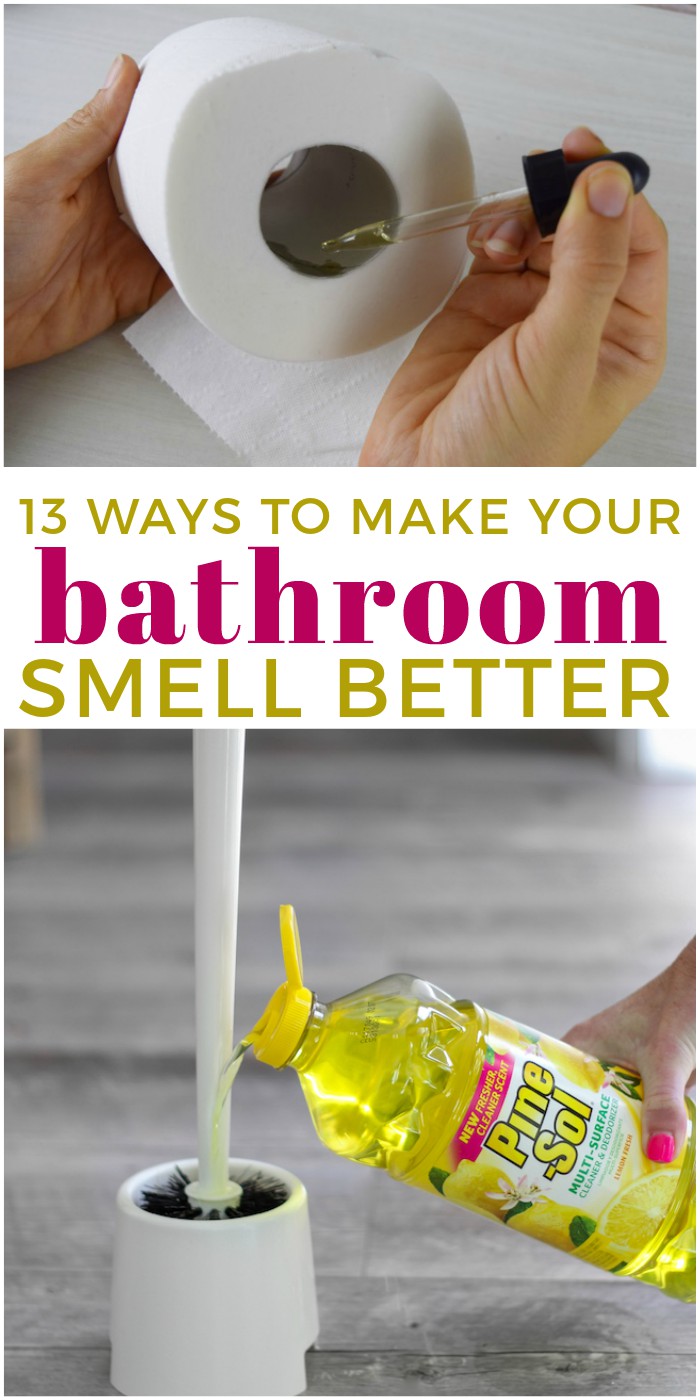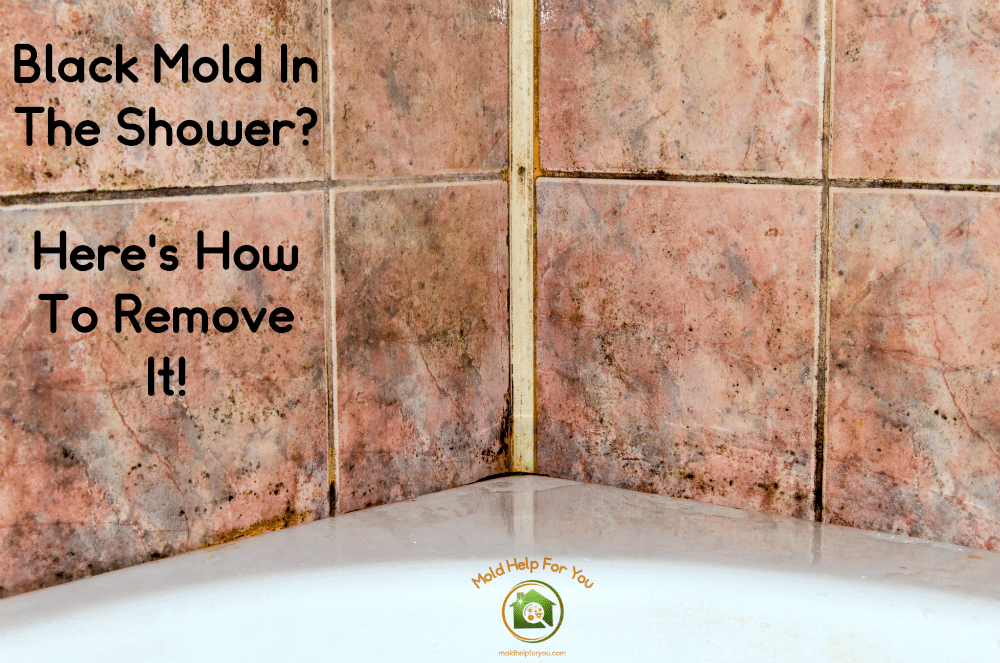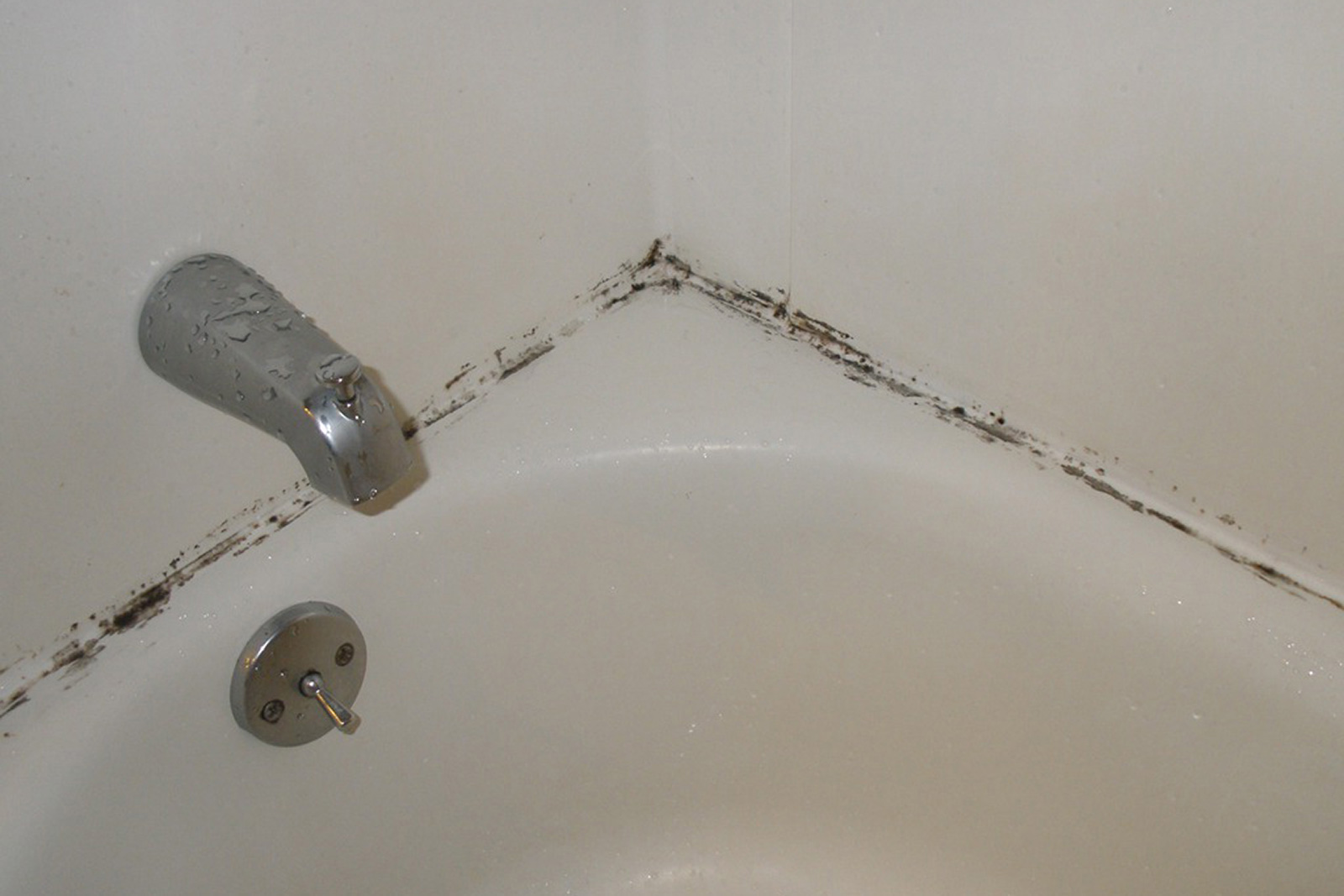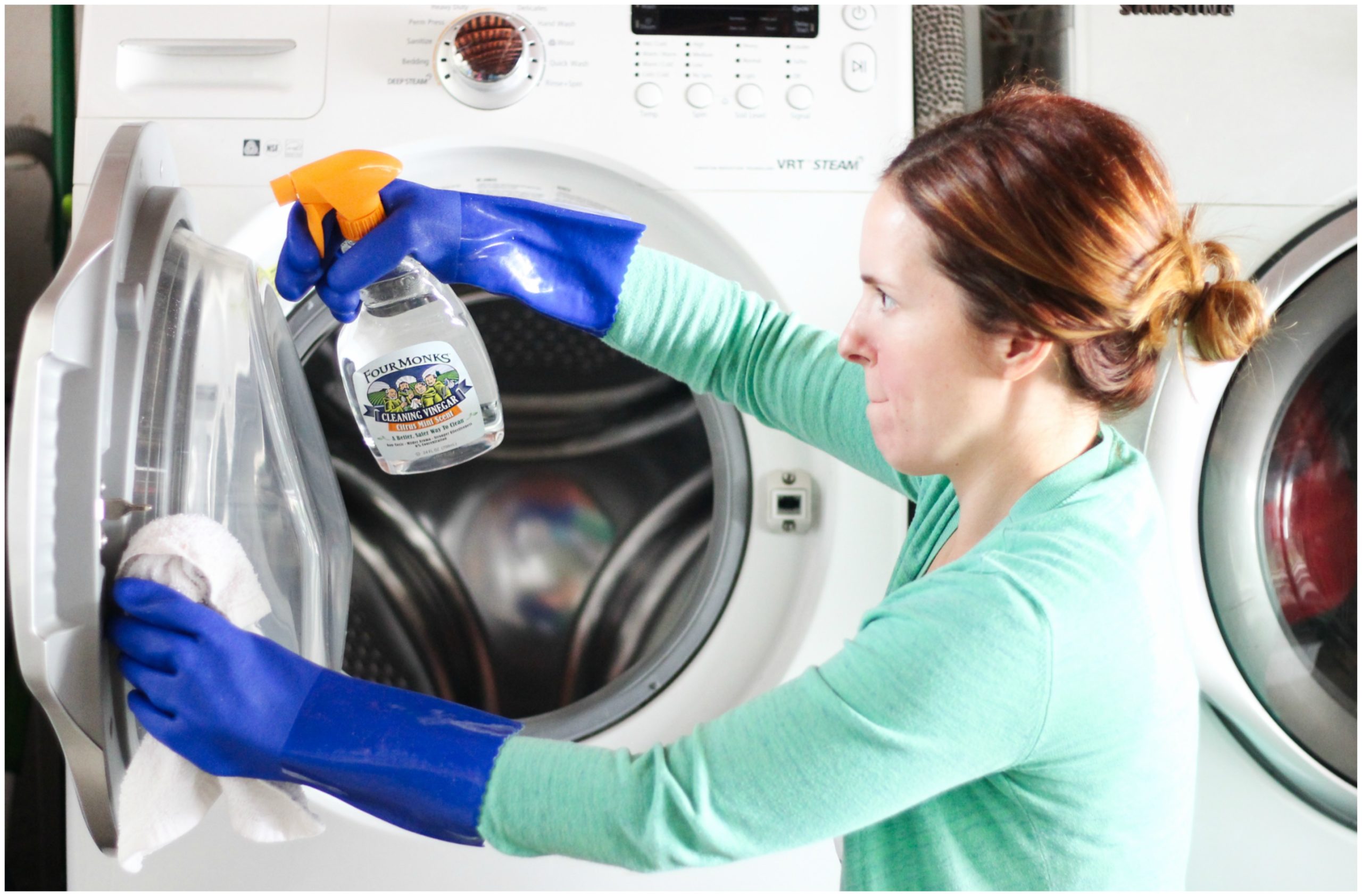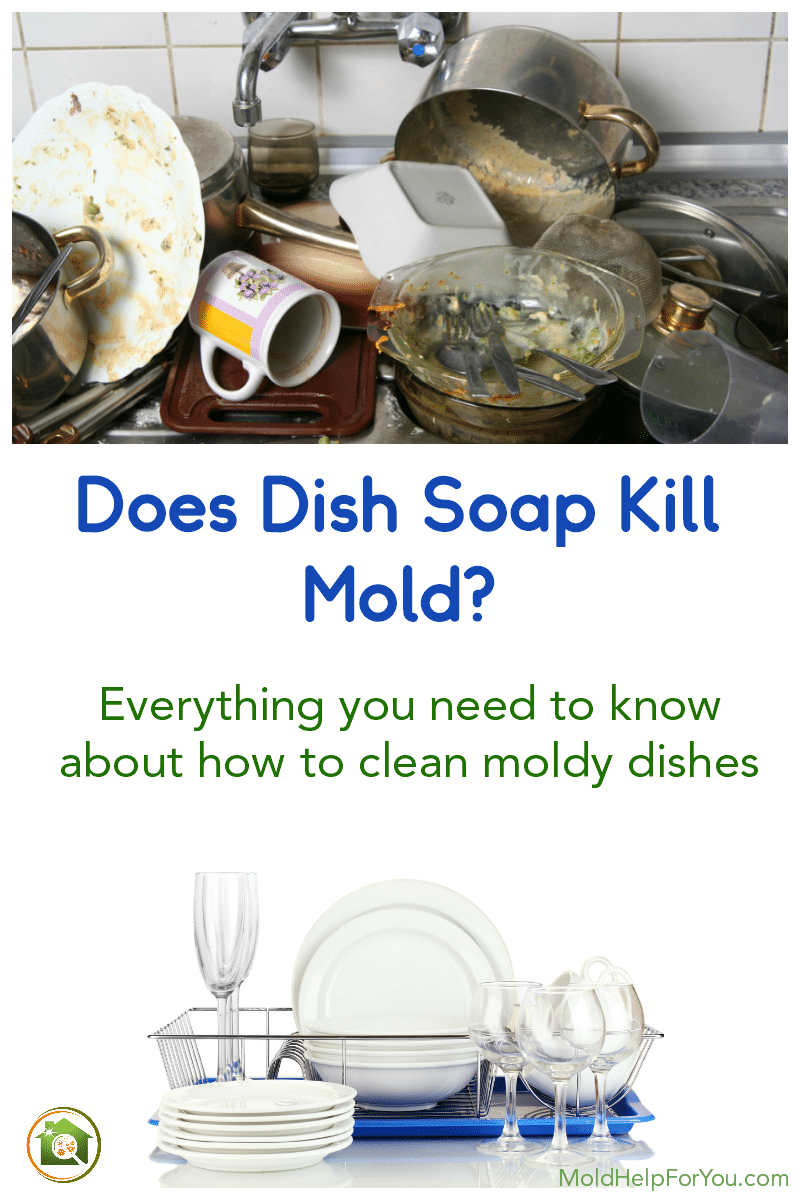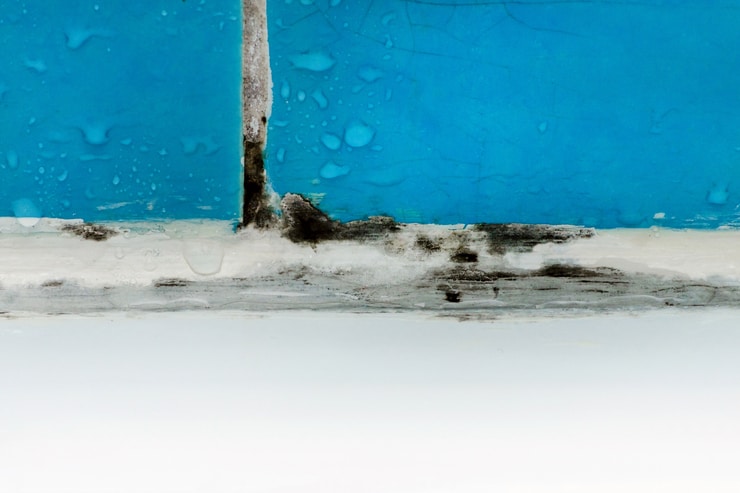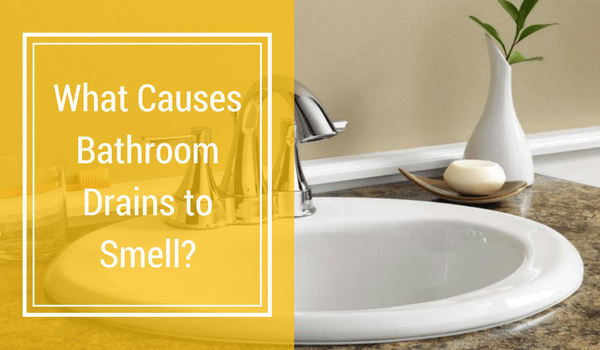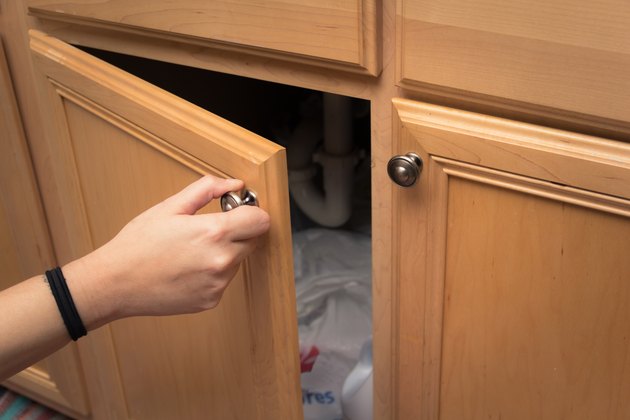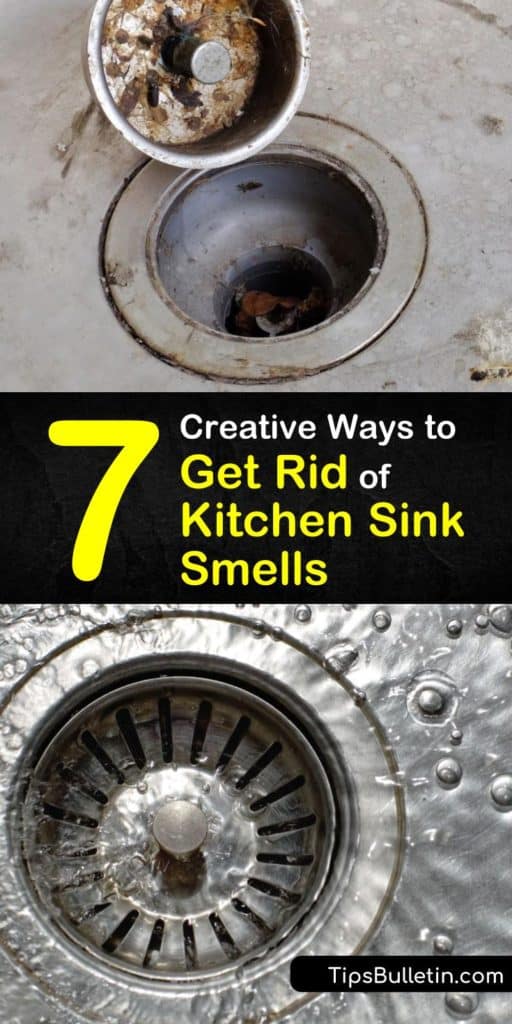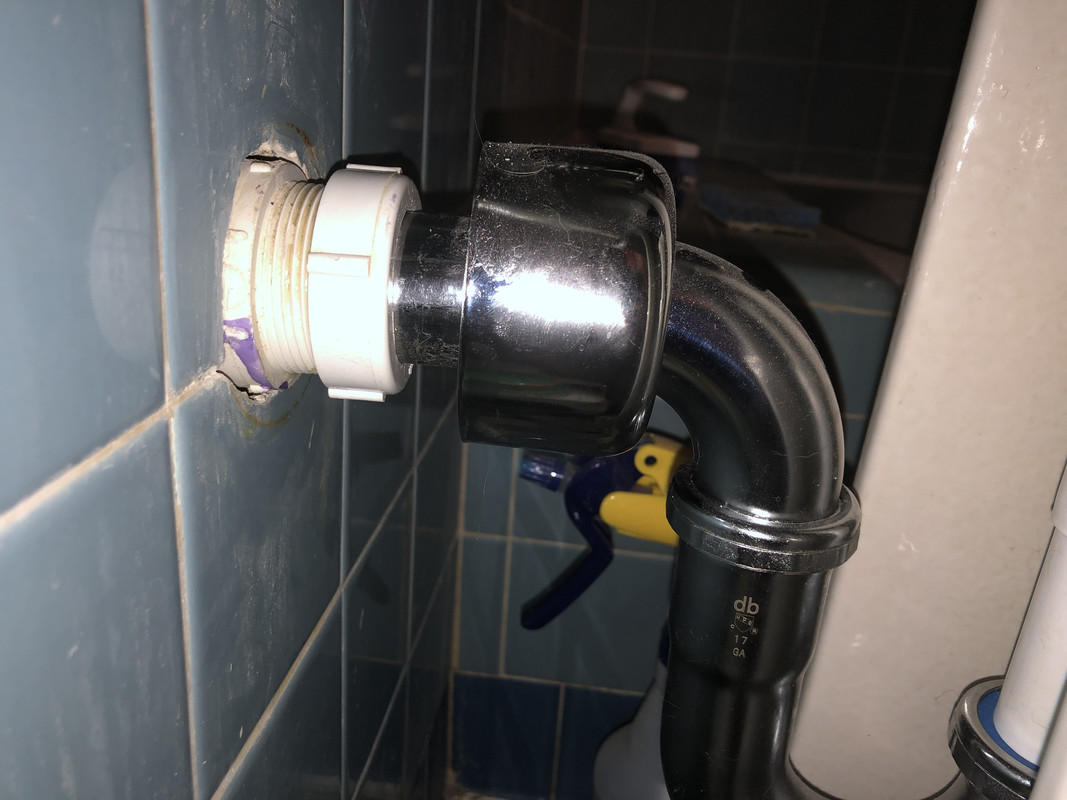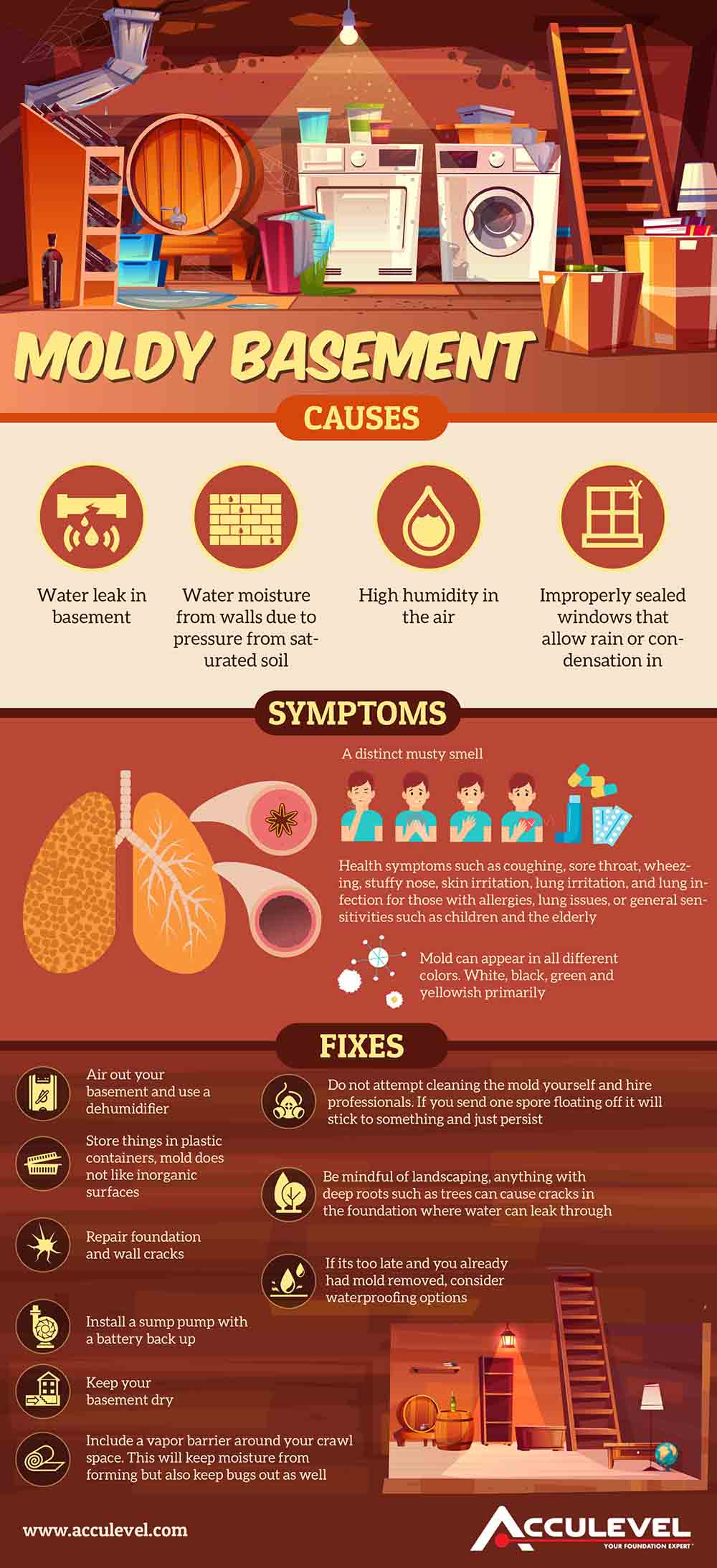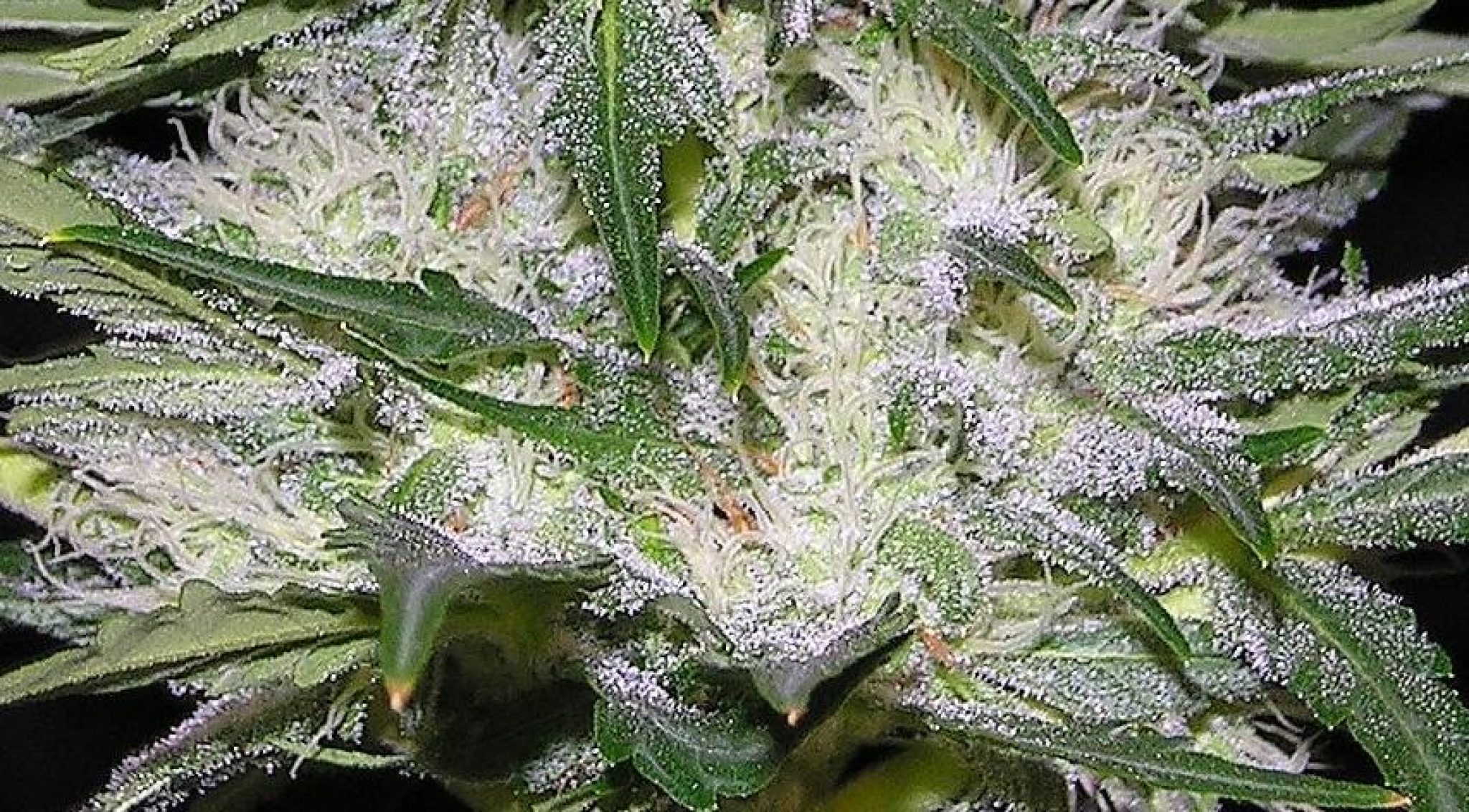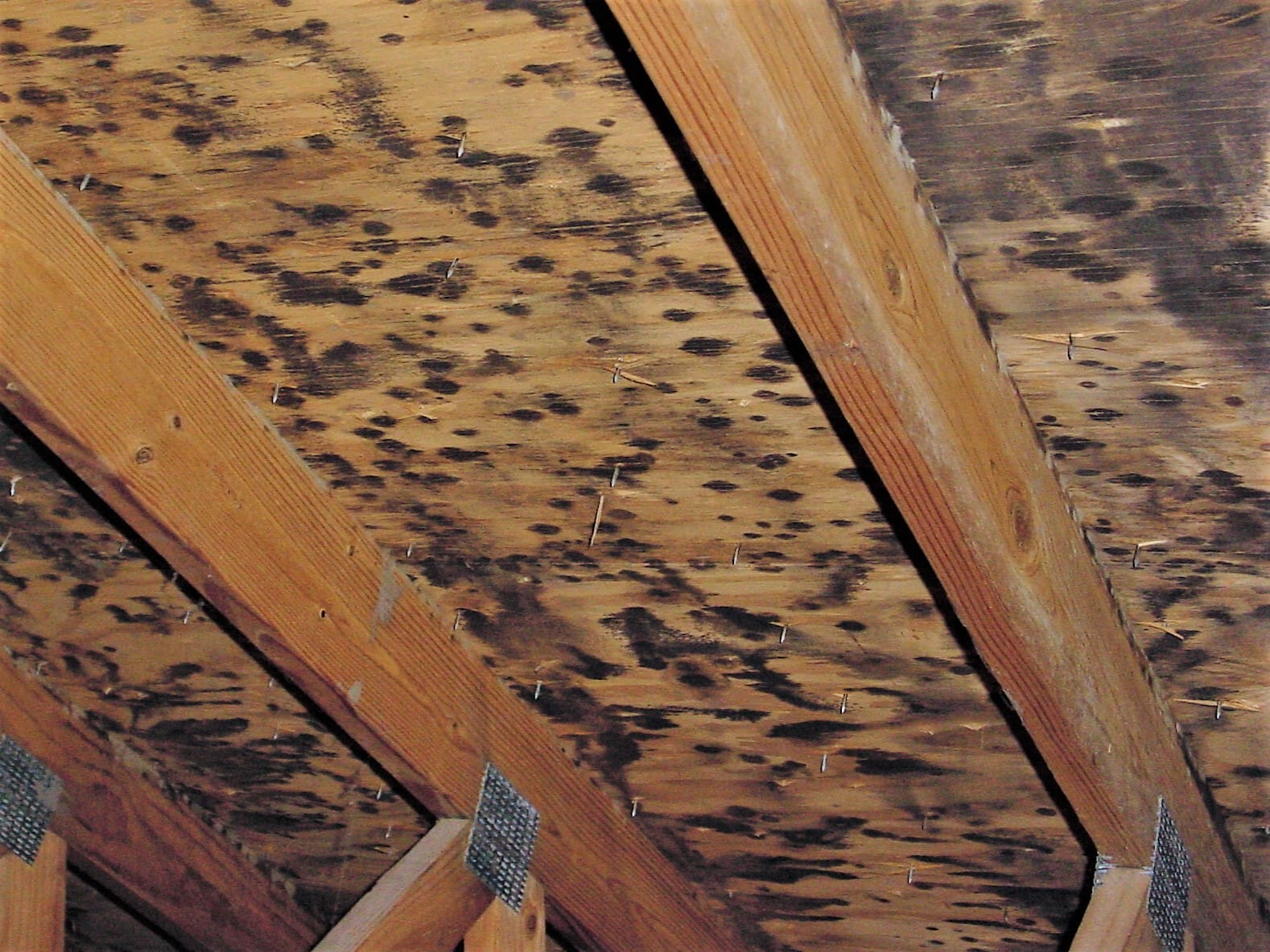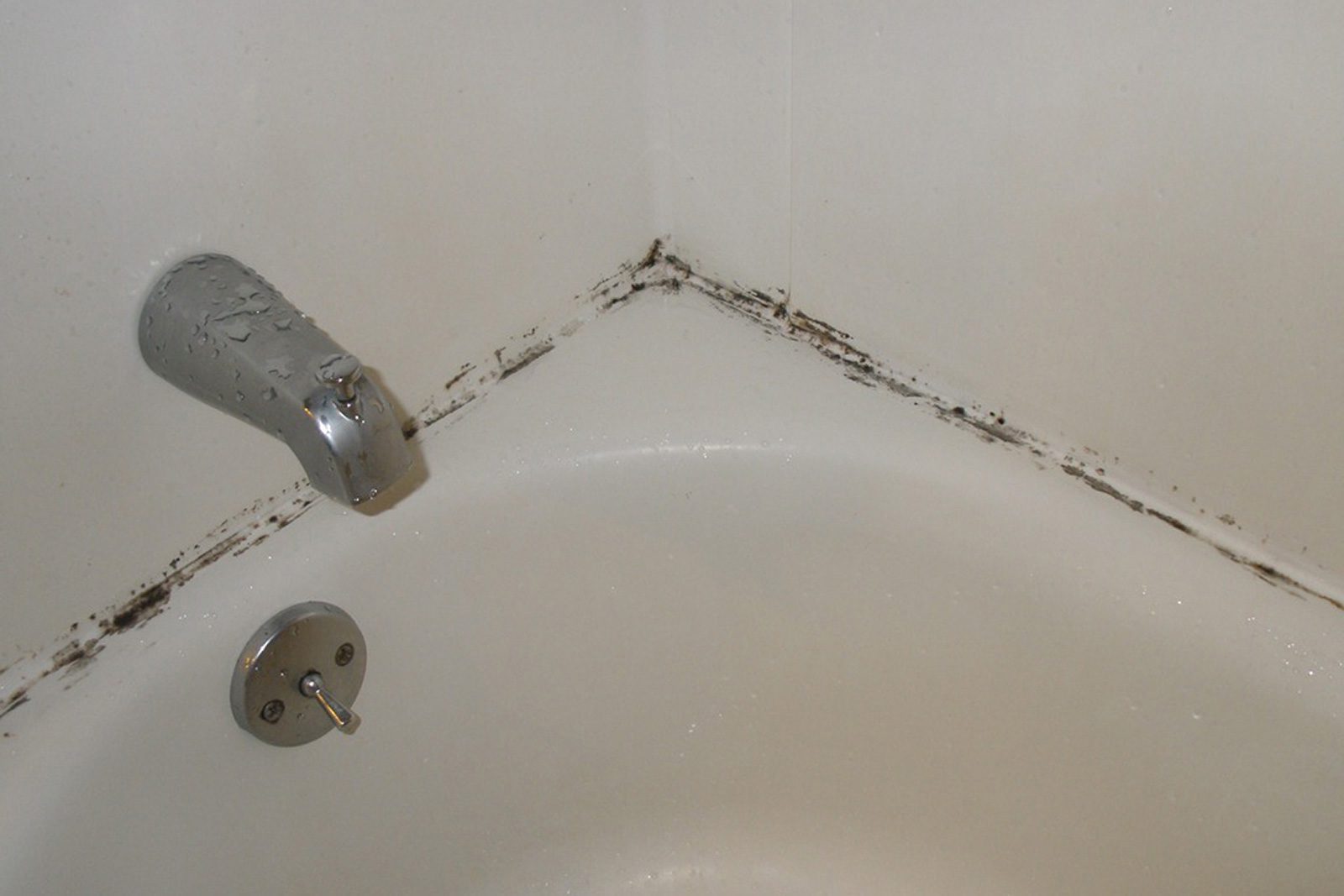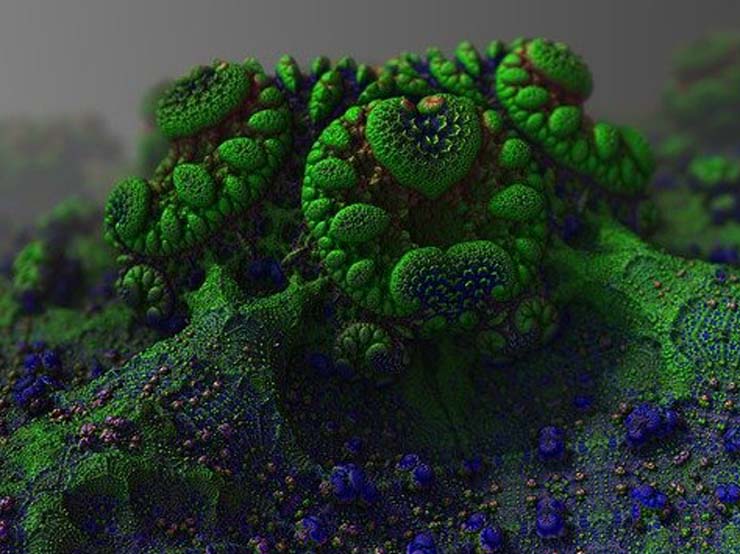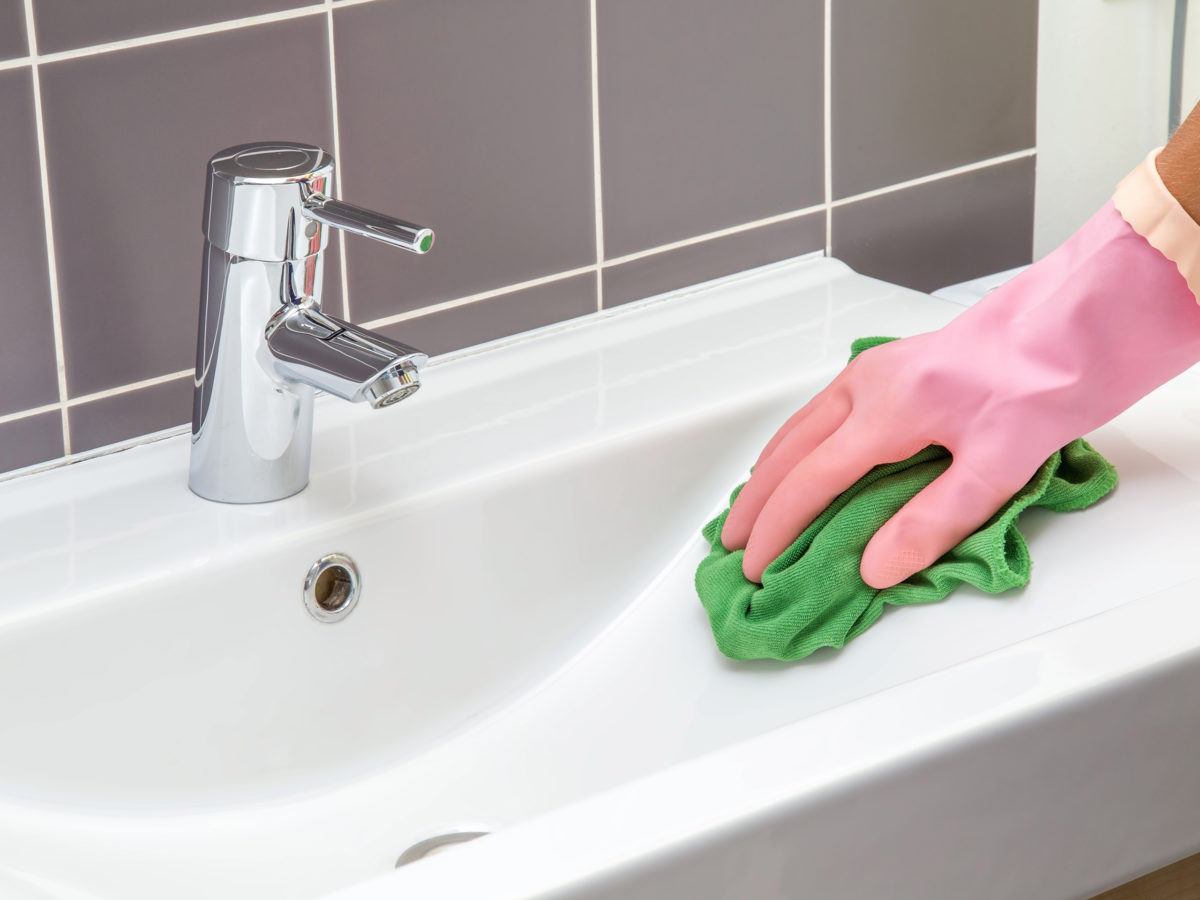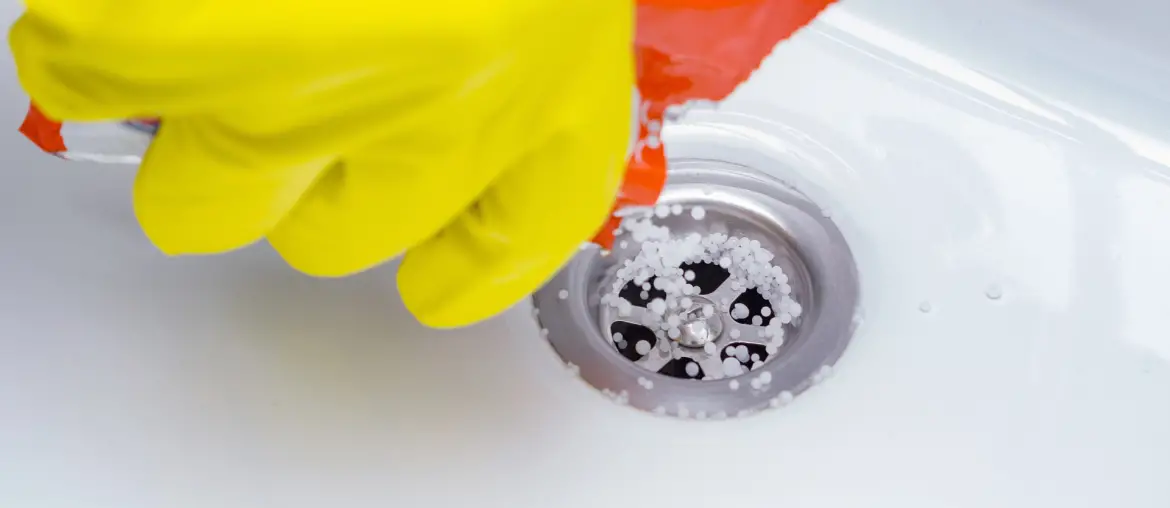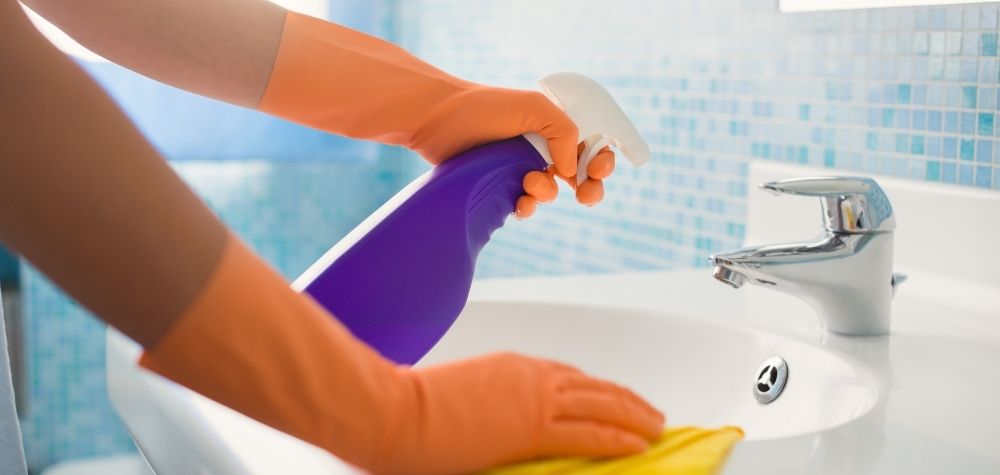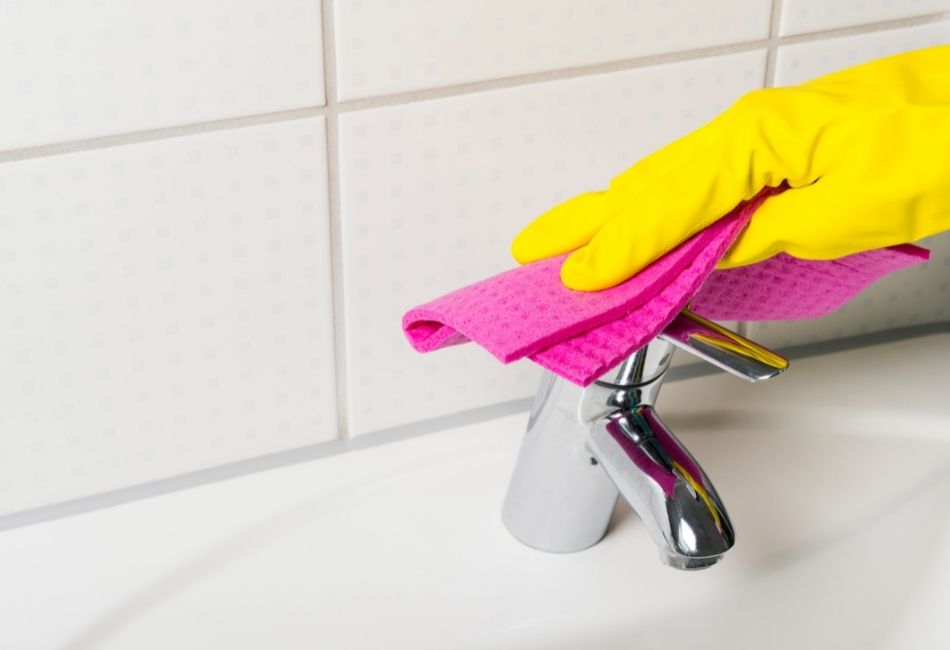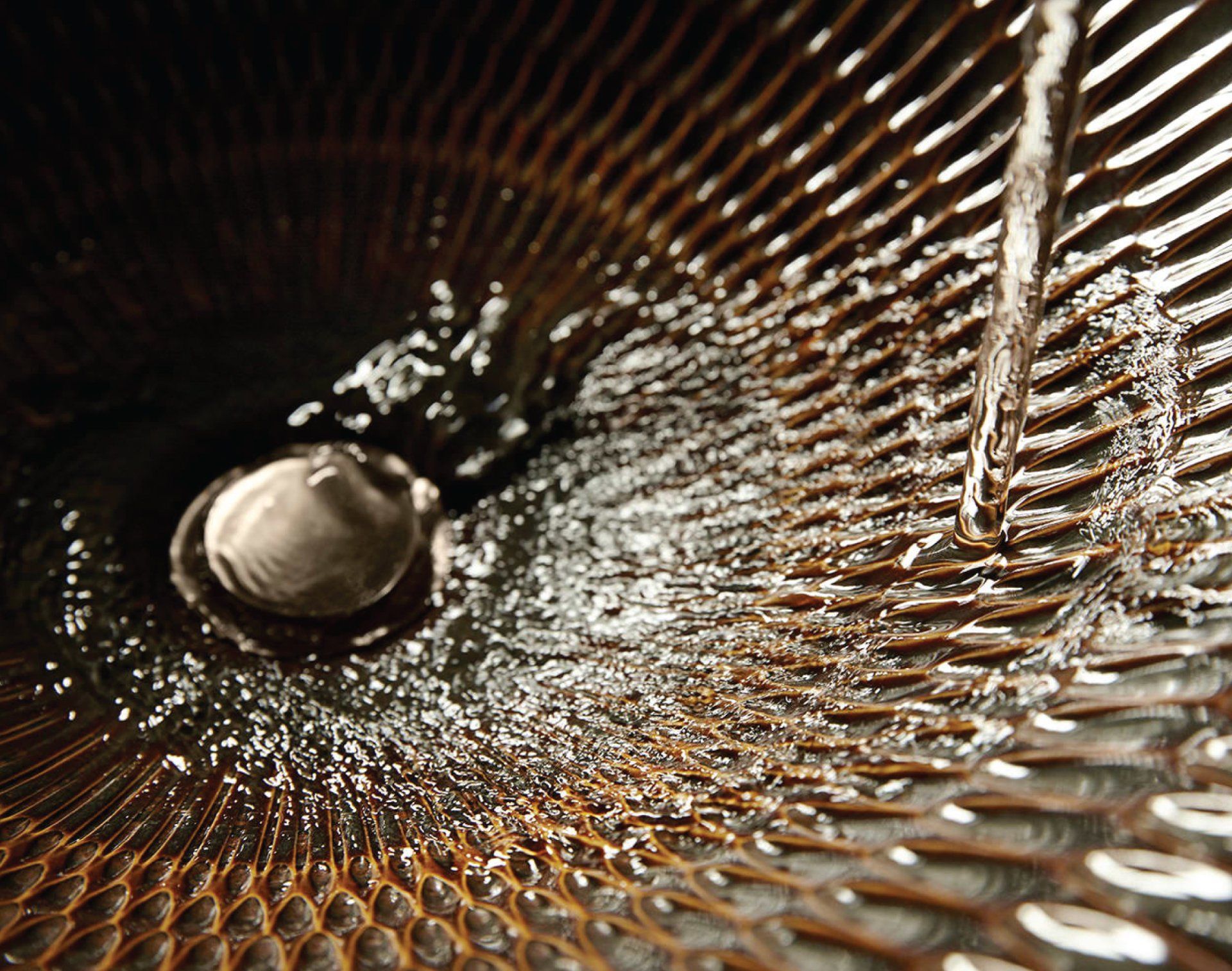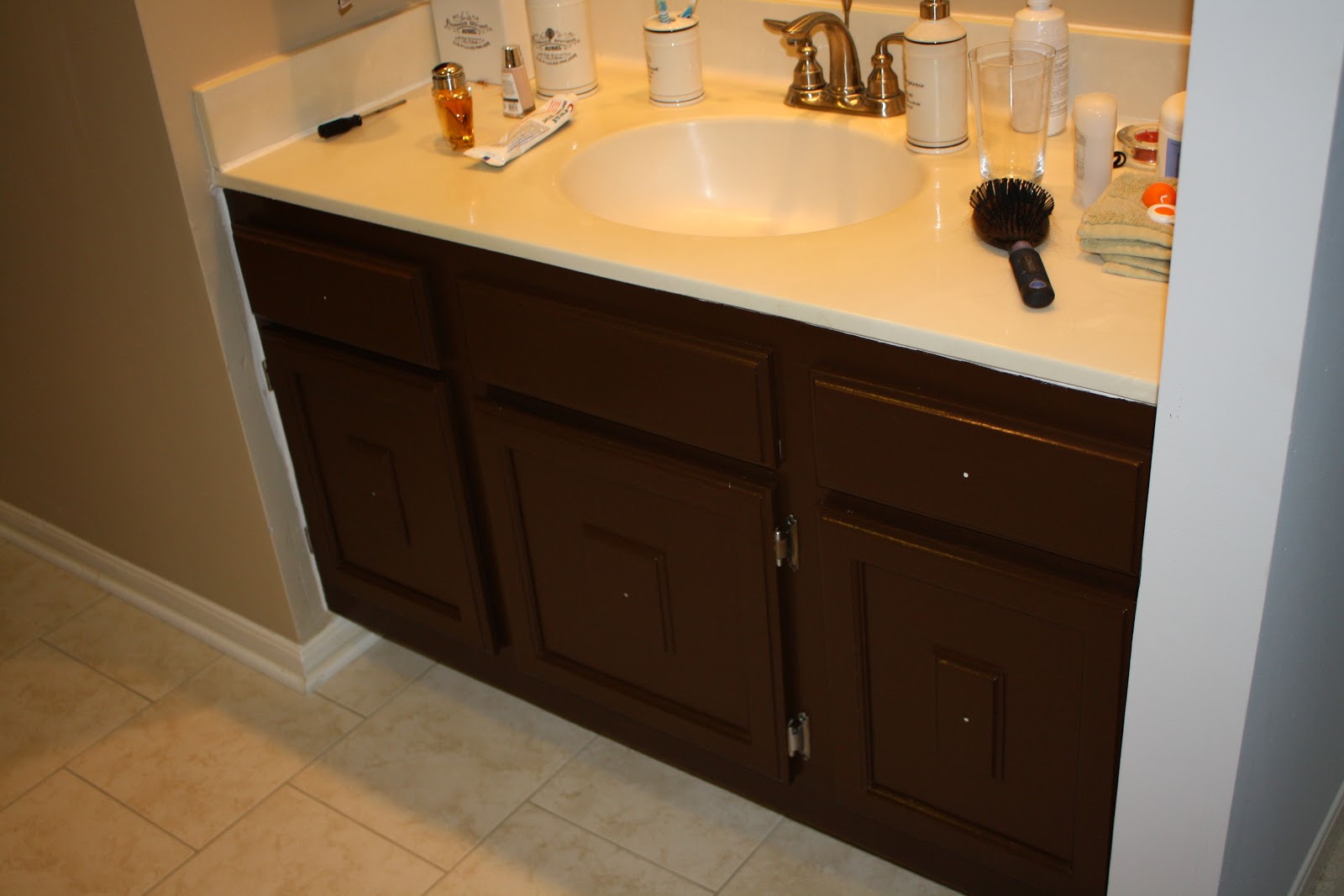Is your bathroom sink emitting a musty, unpleasant odor? If so, you may be dealing with a moldy smell. Not only is this smell unpleasant, but it can also be a sign of potential health hazards in your bathroom. Luckily, there are several simple solutions for getting rid of a moldy smell in your bathroom sink. Follow these tips and your bathroom will be smelling fresh and clean in no time. How to Get Rid of a Moldy Smell in Your Bathroom Sink
Before we dive into the solutions, it's important to understand the main causes of a moldy smell in your bathroom sink. The most common cause is the accumulation of bacteria and mildew in your sink's drainage system. This can happen due to a number of reasons, such as poor ventilation, stagnant water, and even leftover soap scum. The good news is, there are plenty of solutions to combat these causes and get rid of the moldy smell for good. Causes and Solutions for a Moldy Smell in Your Bathroom Sink
One of the simplest and most effective ways to get rid of a moldy smell in your bathroom sink is by regularly cleaning the sink and its surrounding areas. Use a mixture of hot water and vinegar to scrub away any buildup and kill bacteria. Additionally, make sure to regularly clean and replace your sink's drain stopper, as this is a common spot for bacteria to accumulate. Keeping a clean and dry sink can prevent mold and mildew from growing in the first place. Tips for Eliminating a Moldy Smell in Your Bathroom Sink
If you prefer to use natural remedies, there are several options available for getting rid of a moldy smell in your bathroom sink. One popular method is using baking soda and lemon juice to create a paste and scrubbing it onto the affected areas. Let it sit for a few minutes before rinsing it off with hot water. You can also use essential oils, such as tea tree or eucalyptus, to help eliminate bacteria and freshen up the smell of your sink. Natural Remedies for a Moldy Smell in Your Bathroom Sink
In addition to poor cleaning habits, there are a few other common causes of a moldy smell in your bathroom sink. One is a clogged or slow-moving drain, which can lead to the buildup of bacteria and mildew. Another cause can be a leaky pipe, which can create a damp environment for mold to grow. If you suspect a leak, it's important to call a professional plumber to fix the issue and prevent further damage. Common Causes of a Moldy Smell in Your Bathroom Sink
The best way to deal with a moldy smell in your bathroom sink is to prevent it from happening in the first place. This includes regular cleaning and maintenance, as well as proper ventilation in your bathroom. Make sure to open a window or turn on the fan after taking a shower to reduce moisture and prevent the growth of mold and mildew. You can also pour boiling water down your sink drain once a week to kill any bacteria and keep your sink smelling fresh. How to Prevent a Moldy Smell in Your Bathroom Sink
If you're dealing with a persistent moldy smell in your bathroom sink, there are a few DIY solutions you can try before calling a professional. One is using a mixture of equal parts baking soda and salt to scrub your sink and drain. You can also try using hydrogen peroxide, which has antibacterial properties, to clean and disinfect your sink. Just make sure to properly ventilate the area and wear gloves when handling these substances. DIY Solutions for a Moldy Smell in Your Bathroom Sink
If all else fails, it may be time to call in the professionals. A plumber can thoroughly inspect and clean your sink's drainage system to get rid of any hidden mold or bacteria. They can also fix any leaks or clogs that may be causing the moldy smell. Additionally, a professional cleaning service can deep clean your sink and its surrounding areas to ensure that all bacteria and mildew are eliminated. Professional Solutions for a Moldy Smell in Your Bathroom Sink
Aside from the obvious musty smell, there are a few other signs that your bathroom sink may be harboring mold and bacteria. These include visible black or green spots, a slimy residue, and an increase in allergies or respiratory issues. If you notice any of these signs, it's important to take action immediately to prevent further mold growth and potential health hazards. Signs That Your Bathroom Sink Smells Moldy
To keep your bathroom sink smelling fresh and clean, it's important to make cleaning and maintenance a regular habit. This means wiping down your sink and its surrounding areas at least once a week, as well as regularly cleaning your drain stopper and pouring hot water down your drain. You can also use natural remedies, such as vinegar or essential oils, to keep your sink clean and prevent the growth of mold and bacteria. With these tips and solutions, you can easily get rid of a moldy smell in your bathroom sink and prevent it from coming back. Remember to regularly clean and maintain your sink, use natural remedies, and seek professional help if needed. Your bathroom will be smelling fresh and clean in no time! How to Clean and Maintain Your Bathroom Sink to Avoid a Moldy Smell
How to Get Rid of a Moldy Smell in Your Bathroom Sink

Eliminating Mold and Mildew Build-Up in Your Bathroom Sink
 If you've noticed a persistent moldy smell coming from your bathroom sink, you're not alone. This common issue can be caused by a build-up of mold and mildew in the damp and dark environment of your sink. Not only is the smell unpleasant, but it can also be a health hazard for you and your family. Luckily, there are several simple and effective ways to get rid of the moldy smell and keep your bathroom sink clean and fresh.
If you've noticed a persistent moldy smell coming from your bathroom sink, you're not alone. This common issue can be caused by a build-up of mold and mildew in the damp and dark environment of your sink. Not only is the smell unpleasant, but it can also be a health hazard for you and your family. Luckily, there are several simple and effective ways to get rid of the moldy smell and keep your bathroom sink clean and fresh.
Scrub and Disinfect the Sink
 The first step in getting rid of the moldy smell in your bathroom sink is to thoroughly clean it. Use a mild detergent and warm water to scrub the sink, paying close attention to the drain and any crevices where mold and mildew can hide. Once the sink is clean, disinfect it with a mixture of equal parts water and white vinegar. The acidic properties of vinegar will kill any remaining mold and eliminate the moldy smell.
The first step in getting rid of the moldy smell in your bathroom sink is to thoroughly clean it. Use a mild detergent and warm water to scrub the sink, paying close attention to the drain and any crevices where mold and mildew can hide. Once the sink is clean, disinfect it with a mixture of equal parts water and white vinegar. The acidic properties of vinegar will kill any remaining mold and eliminate the moldy smell.
Unclog and Deodorize the Drain
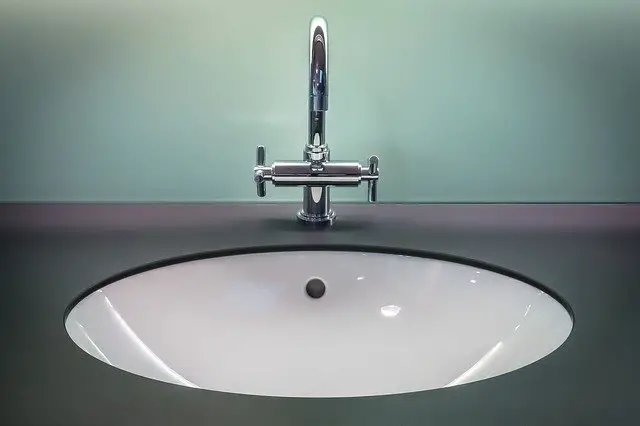 If the moldy smell persists even after cleaning and disinfecting the sink, the culprit may be a clogged drain. Use a plunger or drain snake to unclog any blockages and remove any debris that may be trapped in the drain. To deodorize the drain, pour a cup of baking soda down the drain followed by a cup of white vinegar. Let the mixture sit for a few minutes, then flush it out with hot water. This will not only get rid of any lingering odors, but it will also help prevent future clogs.
If the moldy smell persists even after cleaning and disinfecting the sink, the culprit may be a clogged drain. Use a plunger or drain snake to unclog any blockages and remove any debris that may be trapped in the drain. To deodorize the drain, pour a cup of baking soda down the drain followed by a cup of white vinegar. Let the mixture sit for a few minutes, then flush it out with hot water. This will not only get rid of any lingering odors, but it will also help prevent future clogs.
Keep Your Sink Dry
 Mold and mildew thrive in moist environments, so it's important to keep your bathroom sink dry. After using the sink, wipe it down with a dry cloth or towel to remove any excess water. You can also leave the sink faucet dripping slightly to prevent stagnant water from accumulating in the drain. This will help prevent mold and mildew growth and keep your sink smelling fresh.
Mold and mildew thrive in moist environments, so it's important to keep your bathroom sink dry. After using the sink, wipe it down with a dry cloth or towel to remove any excess water. You can also leave the sink faucet dripping slightly to prevent stagnant water from accumulating in the drain. This will help prevent mold and mildew growth and keep your sink smelling fresh.
Regular Maintenance is Key
 To ensure that your bathroom sink stays mold and mildew-free, it's important to incorporate regular maintenance into your cleaning routine. Wipe down the sink and faucet daily, and deep clean and disinfect it once a week. This will not only keep the moldy smell at bay, but it will also help prevent any potential health hazards.
To ensure that your bathroom sink stays mold and mildew-free, it's important to incorporate regular maintenance into your cleaning routine. Wipe down the sink and faucet daily, and deep clean and disinfect it once a week. This will not only keep the moldy smell at bay, but it will also help prevent any potential health hazards.
In conclusion, a moldy smell in your bathroom sink is a common issue that can be easily remedied with a few simple steps. By regularly cleaning, disinfecting, and keeping your sink dry, you can eliminate the moldy smell and maintain a clean and fresh bathroom sink. Say goodbye to unpleasant odors and hello to a healthier and more inviting bathroom space.
